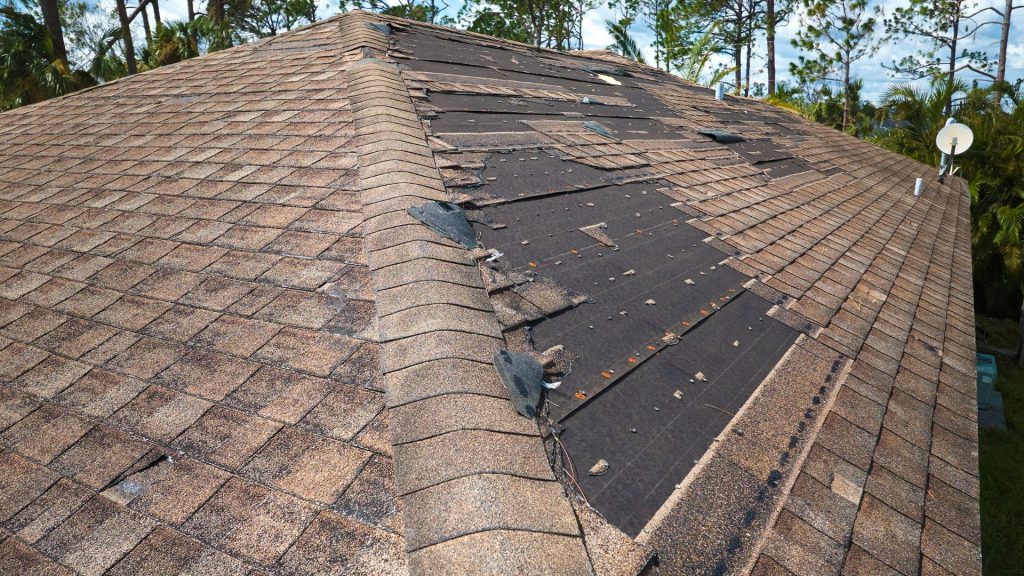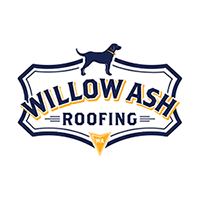Regular roof inspections are a critical part of maintaining a home’s integrity and safety, especially in a state like South Carolina, where the weather can be both unpredictable and harsh. The combination of hurricanes, heavy rains, and high humidity poses unique challenges to roofing materials, making routine checks essential. This comprehensive guide aims to equip South Carolina homeowners with the knowledge needed to effectively inspect and maintain their roofs, ensuring their homes remain safe and secure through all seasons.
Understanding the necessity of roof inspections is the first step toward proactive home maintenance. In South Carolina, where weather conditions can drastically affect the lifespan of roofing materials, staying ahead of potential issues can save homeowners significant time, stress, and money. By following this guide, residents can learn not only how to conduct inspections but also interpret their findings and make informed decisions about their roofs’ care.
Understanding South Carolina’s Roofing Challenges

South Carolina’s climate is characterized by its hot, humid summers and mild winters, which, while pleasant for residents, can be detrimental to roofing materials. The state’s susceptibility to hurricanes and heavy rains further exacerbates these challenges, leading to common issues such as mold, mildew, and water damage. Additionally, high winds can compromise roof integrity, making regular inspections a necessity for identifying potential vulnerabilities before they become major problems.
The types of roofs commonly found in South Carolina, including asphalt shingles, metal, and clay tiles, each have their own set of vulnerabilities. Asphalt shingles, for example, may suffer from granule loss due to heavy rain, while metal roofs can be prone to rust in the humid climate. Understanding the specific challenges associated with each type of roofing material is crucial for homeowners when conducting inspections, allowing for more accurate assessments and appropriate maintenance strategies.
When to Schedule a Roof Inspection
Experts recommend scheduling a roof inspection at least once a year, with additional checks following severe weather events such as hurricanes or hailstorms. In South Carolina, the best time for a thorough inspection is typically in the spring or fall, when weather conditions are milder and any damage from summer storms or winter conditions can be addressed promptly.
However, homeowners should also be vigilant for signs that may indicate the need for an immediate inspection, such as visible sagging, missing or damaged shingles, or leaks inside the home. Timely detection and repair of these issues can prevent more significant damage, ensuring the roof’s longevity and the home’s safety.
DIY Roof Inspection: A Step-by-Step Guide
Conducting a DIY roof inspection begins with proper safety measures, including using a sturdy ladder and wearing appropriate footwear to prevent slips. Homeowners should start with a visual inspection from the ground, looking for obvious signs of damage such as missing shingles or large debris. Following this, a closer inspection from the roof can help identify more subtle issues, such as cracked flashing or minor leaks.
Inspecting the attic is also a crucial step, as it can reveal water damage or leaks that may not be visible from the outside. Homeowners should look for signs of moisture, mold, or light coming through the roof, indicating potential problem areas. By conducting these inspections regularly, homeowners can identify issues early and address them before they escalate into more significant problems.
Professional Roof Inspections
While DIY inspections are helpful for routine checks, professional inspections are essential for a thorough assessment of the roof’s condition. Professional inspectors are equipped with the knowledge and tools to identify issues that may not be apparent to the untrained eye, including structural problems or potential weak points. They can also provide invaluable advice on maintenance and repair strategies tailored to South Carolina’s unique climate challenges.
Hiring a qualified roof inspector in South Carolina involves researching and selecting a certified professional with a solid reputation. Homeowners should look for inspectors affiliated with reputable roofing associations, ensuring they receive a comprehensive and accurate assessment of their roof’s condition.
Understanding Your Inspection Report
A professional roof inspection report is a detailed document outlining the condition of the roof, including any issues detected and recommendations for repairs or maintenance. Key components of the report include a summary of the roof type, materials, age, and any immediate concerns that need to be addressed. The report may also contain photographs and a prioritized list of recommended actions.
Interpreting this report can be daunting, but understanding its key elements is crucial for making informed decisions about your roof’s maintenance. Homeowners should not hesitate to ask their inspector to clarify any jargon or recommendations, ensuring they fully understand the report’s findings and the necessary steps to address any issues.
Maintenance Tips to Extend the Life of Your Roof
Routine maintenance is essential for extending the lifespan of your roof and preventing minor issues from becoming major repairs. This includes cleaning gutters regularly to prevent water buildup, trimming overhanging branches that could damage the roof in a storm, and removing debris that accumulates on the roof.
Additionally, homeowners should consider preventative measures like applying a waterproof sealant to protect against South Carolina’s heavy rains or reinforcing the roof’s structure to withstand high winds. Regular maintenance not only extends the life of the roof but also helps maintain the home’s overall value and safety.
Dealing with Roof Repair and Replacement
Deciding whether to repair or replace a roof depends on several factors, including the extent of the damage, the roof’s age, and the cost implications of each option. Minor issues such as a few missing shingles can typically be repaired, while more significant damage or an aging roof may require a full replacement.
When facing repairs or replacement, selecting the right materials and contractor is crucial. Homeowners should choose materials suited to South Carolina’s climate and seek out reputable contractors with experience in the region. Understanding warranties and insurance claims can also provide additional protection and peace of mind during the roof repair or replacement process.
Navigating South Carolina Building Codes and Permits
Compliance with South Carolina building codes is essential for any roofing project, ensuring that work is performed to a standard that guarantees safety and durability. Homeowners should be familiar with the specific codes related to roofing in their area, including requirements for materials, installation methods, and permits.
The permit process can be complex, but it’s a crucial step for legal and safety reasons. Homeowners should work with their contractor to ensure all necessary permits are obtained before starting any roofing work, avoiding potential fines or complications down the line.
Regular roof inspections are a crucial aspect of home maintenance, especially in South Carolina’s challenging climate. By understanding when and how to conduct inspections, either DIY or through a professional, homeowners can ensure their roofs remain in good condition, protecting their homes and families. For those seeking professional inspection or maintenance services, Willow Ash Roofing offers experienced and reliable solutions tailored to South Carolina’s unique roofing needs. With the right care and attention, your roof can continue to safeguard your home against the elements, ensuring peace of mind through every season.
